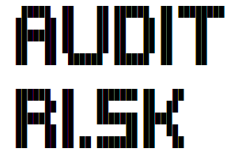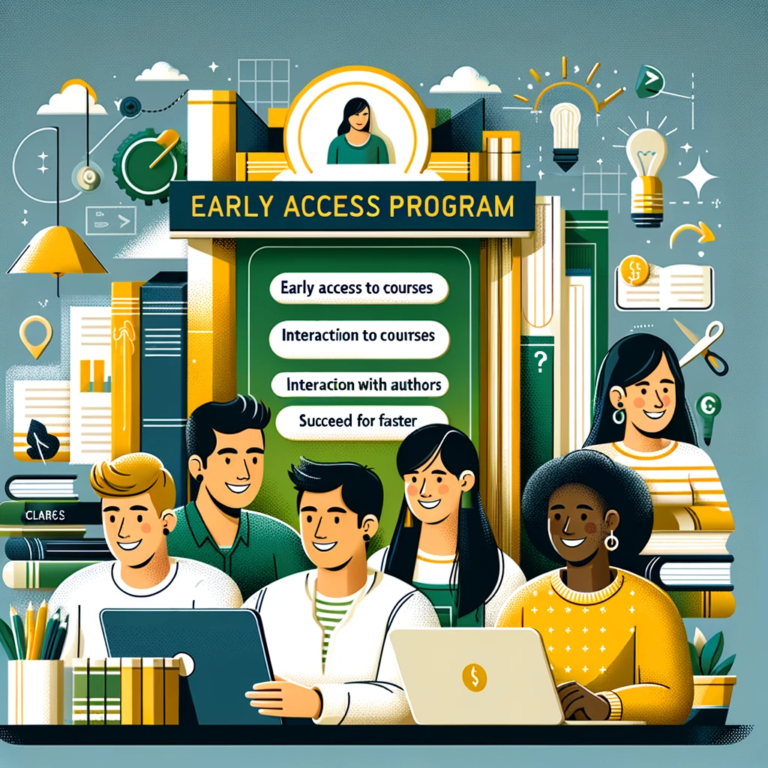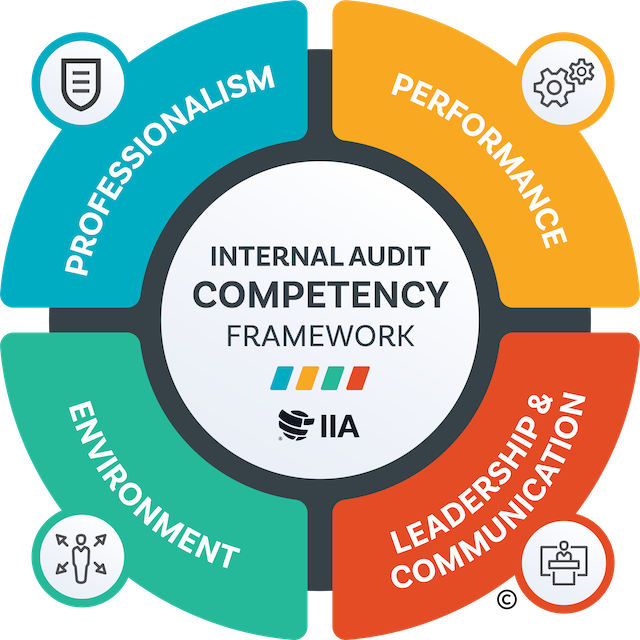How Assurance of Learning Can Help Improve Skill Development for Internal Auditors
Part 4 in a series on the future of Continuing Professional Education for auditors.
Preamble
Many of my extended family are teachers, principals, professors. While I pursued a business degree in college, I share their passion for education and life long learning. I suppose it’s why I’ve been fixated on Continuing Professional Education (CPE) ever since becoming an internal auditor in 2005.
This post isn’t meant to advocate for Assurance of Learning (AoL) for all CPE programs, although I believe that the AoL framework has a lot to offer. AoL provides evidence of learning. In this way, AoL addresses the skills development gap facing the internal audit profession. I’m hopeful this post can serve as a call to action to continuing education trainers in the audit and risk profession to update how our programs are administered. It will take time to align on the way forward. It’s not too early to elevate your training delivery while we wait for the discourse to begin. We’ve published our educational teaching principles as an example for others to leverage.
Introduction
The landscape in the audit profession is always changing. Internal auditors need to stay sharp on the professional requirements as well as develop soft and technical skills. Technical skills matter. One way to achieve professional competency and build skills is to be very selective about where you spend your training budget. It’s important to think about the opportunity cost as well as the price of the training. Said another way, not all training is equal.
Assurance of learning (AoL) involves demonstrating, through assessment, that students achieve the learning expectations for their programs. AoL focuses on the quality of the curriculum and encompasses continuous evaluation before and after assessment. (Source)
In this post, we will attempt to convince you (the internal audit leader and practitioner), that your time and attention should be given to training providers who can ‘assure’ learning and skill development. This post will also serve as a public call to action for the Institute of Internal Auditors (IIA) to improve our continuing professional development framework. We should do more than benchmark our CPE policies to NASBA.
We believe it is essential for audit departments to prioritize assurance of learning to ensure their auditors are consistently competent, objective, and capable of providing value and useful insights to the organization. We explore the role of assurance of learning in internal auditors’ skills development, focusing on its impact on knowledge retention, its role in identifying areas of improvement, and its influence on ongoing professional development.
PDCA
AoL is consistent with the Plan-Do-Check-Act (PDCA) cycle. In the educational context, the “Plan” stage involves analyzing students’ needs through data. The “Do” stage includes aligning program methods with standards and providing instruction based on individual student needs.
The “Check” stage entails continuous assessments to track progress and identify areas for improvement. Finally, the “Act” stage focuses on standardizing successful practices, working on the opportunities, and sharing best practices for ongoing improvement. This cyclic process of planning, implementing, evaluating, and acting based on results is crucial for driving continuous improvement in educational settings. Auditors who are already familiar with PDCA, should see the shared traits with AoL.
Customized Learning
Customized learning is an advantage that AoL brings to the learning process. Since AoL involves the assessment of the individual, learning outcomes can be tailored to the specific needs of each auditor. Customized learning addresses some of the biases (Experience, Linear Progression, Specialization) of the NASBA program levels that we discussed in part 2 of our series.
With an understanding of the individual(s), trainers can then be used to tailor learning programs to address their specific needs. This helps ensure that every auditor’s learning path is as effective and efficient as possible. By matching the learning journey to the unique needs of every auditor, AoL ensures a more impactful learning experience. For internal auditors, assurance of learning can play a significant role in enhancing their skill development as outcomes are mutually agreed upon at the beginning.
Identifying Areas of Improvement
Internal Auditors are trained to identify areas of improvement within their organizations. Somehow, the same level of due diligence doesn’t always carry over to our continuous professional development. Our profession has become complacent, and possibly complicit, by knowingly accumulating CPE credits in order to maintain our certifications over skill development.
There are likely many reasons for this. Budget comes to mind, but so too is the construct of CPE eligibility and requirements. CPE credits are needed to maintain certifications. CPE does not always build skills. Training meant to develop skills is not always eligible for CPE.
Accumulating CPE from free webinars alone will not improve your skills. Webinars frequently introduce you to new topics, but do not always dive deep into a subject. They are effective lead magnets, for other training, products, and services. Rarely do these lead magnets receive the necessary student feedback to improve learning outcomes. One significant advantage of assurance of learning is that it helps identify areas of improvement in the quality of each training program.
By choosing training from an AoL principled continuing professional education provider, you have the ability to influence the training program for future auditors. You can bring your passion and engagement to ensure the training helps you develop skills. As leaders, selecting training from an AoL principled provider, helps your team focus their learning efforts more effectively, ensuring that they continually improve their skills.
Accountability
AoL also fosters accountability by ensuring that the learning process is measurable and transparent. By setting clear learning outcomes and assessing whether these outcomes have been achieved, AoL makes it possible to hold both learners and providers accountable for the results. This creates a culture of responsibility and high expectations, which can motivate auditors to continuously strive for professional growth. It also allows organizations to have clear expectations of the learning progress, facilitating effective decision-making in terms of professional development investments.
The Impact on Knowledge Retention
When applying AoL learning principles to continuing education of the IIA competencies, we build a continuous assessment loop that helps measure a learner’s understanding and retention of knowledge.
For internal auditors, this means that they can assess how well they understand auditing principles, standards, practices, and skill development. This continuous assessment acts as a feedback loop, allowing them to identify any gaps in their understanding and address these gaps promptly.
Conclusion
Assurance of learning (AoL) can play a crucial role in improving skills development for internal auditors. AoL provides a robust framework for measuring knowledge retention, identifying areas of improvement, and supporting ongoing professional development. By embracing assurance of learning, internal auditors can ensure they continually enhance their skills and maintain their professional competence. In the ever-evolving field of internal auditing, this commitment to learning and improvement is not just beneficial—it’s essential.
Q&A
Where can I find an AoL training providers?
As of this post, we are not aware of any continuing professional education (CPE) providers who strictly follow the Assurance of Learning (AoL) model. With our public post and call to action, we are starting the list.







